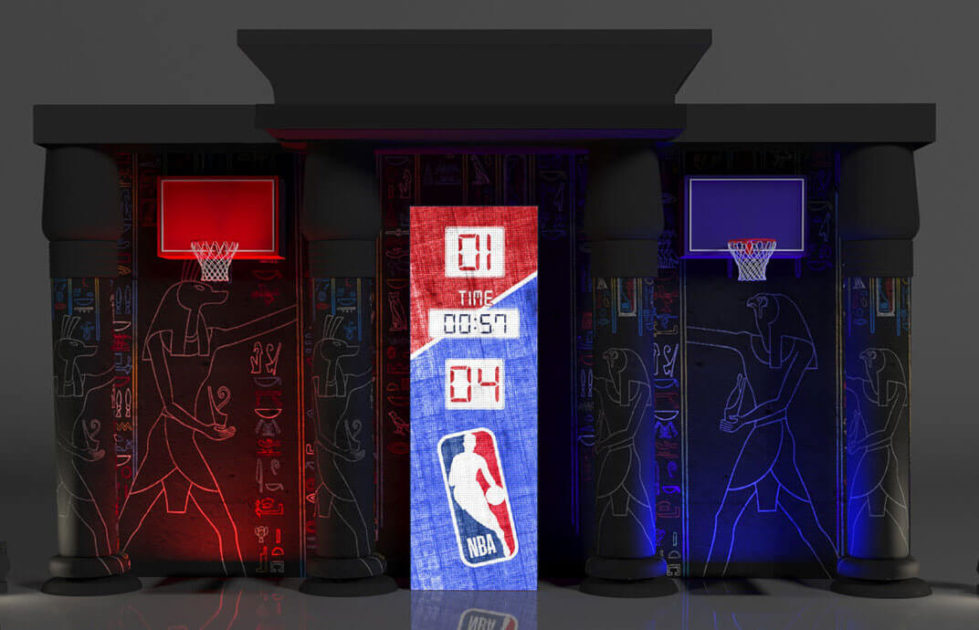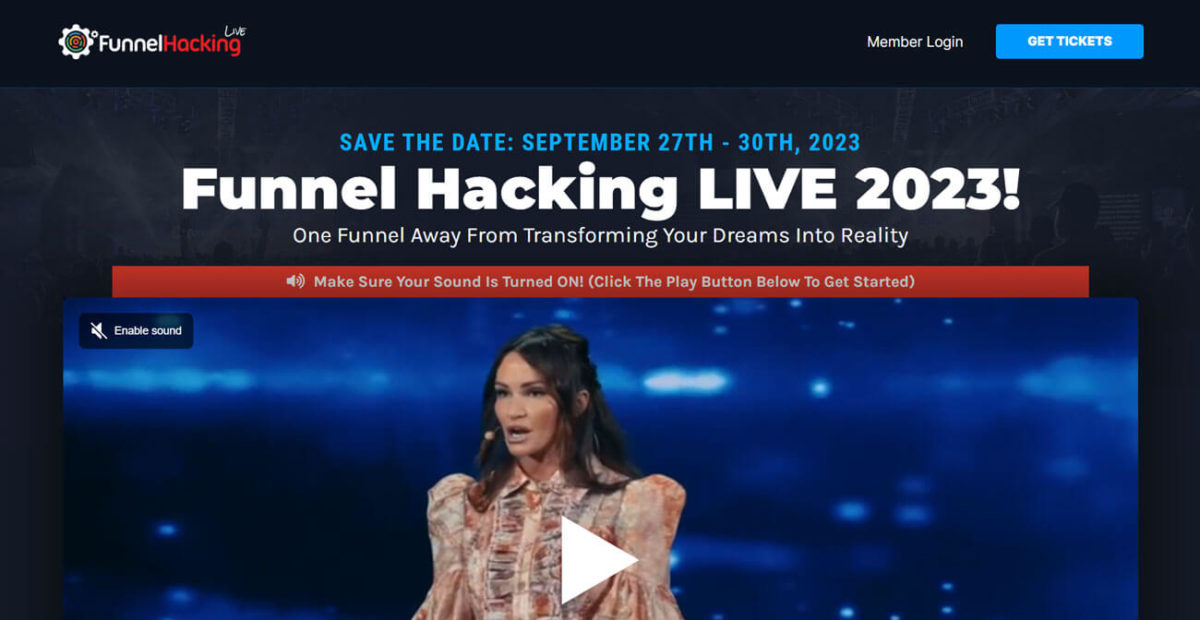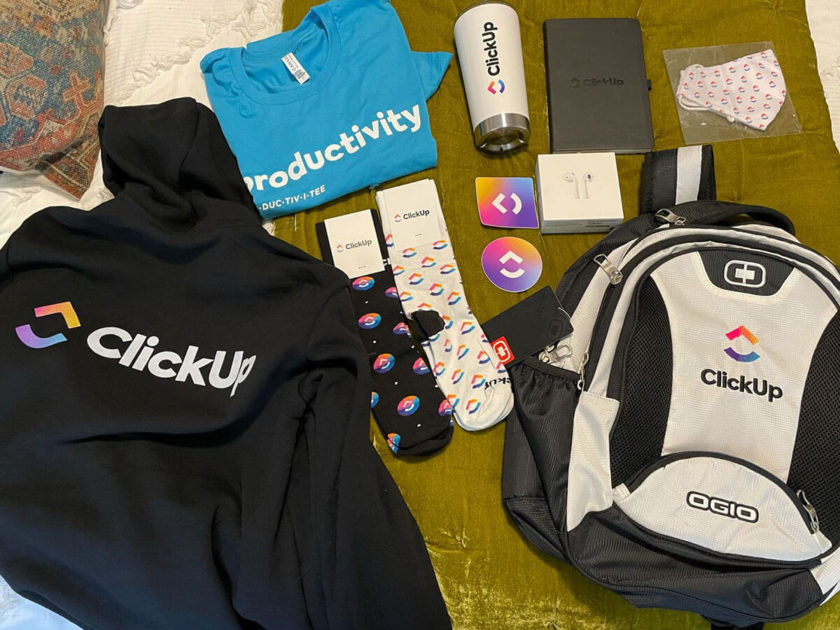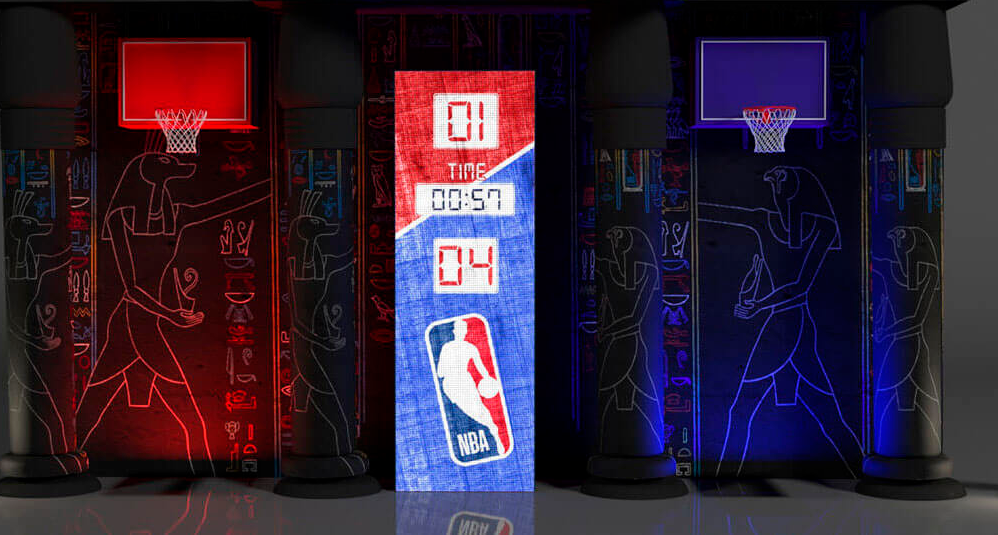Successful events are the lifeblood of a thriving marketing strategy. Whether you’re an aspiring digital marketer behind a food startup or a B2B supplier based in the aerospace industry, event branding is exactly what you need to stand out among the competition.
In 2023, the average customer is constantly bombarded with marketing information, most of which they mindlessly scroll past. To ensure that a business never goes unnoticed, 61% of marketing professionals rely on event branding.
Marketing an event isn’t a piece of cake. It requires effort, creativity, proper planning and dedicated execution. This guide explores some of the best ways you can create and market an event according to the preferences of your target audience.
But before we dive into that, let’s take a closer look at what event branding is.
What is event branding?
Event branding is a marketing process where various elements are used to create a unique identity for an event. This may relate closely to brand events where the main purpose of the occasion is to promote a specific brand.
Today, event branding isn’t just limited to on-site gatherings. Online events are rapidly gaining traction in a world where people are glued to their smartphones.
Regardless of their nature, unique events have complementary elements whereby the colours, images, symbols and messages are meticulously tweaked to match the brand identity.
Importance of event branding
If you haven’t ever hosted a brand event before, it’s okay to wonder if it’s really worth the effort. While the short answer to your question is a big resounding yes, let’s get into why event marketing is a rewarding practice you shouldn’t skip.
a. Generate more leads
Be it emerging businesses or established conglomerates, finding new customers is essential for every organisation. After all, without more prospects to convert, how will sales increase?
A brand event enhances exposure and offers networking opportunities that businesses can use to convert leads. Not to mention, successful event marketing sets the stage for positive word of mouth whereby even non-attendees can be potential customers.
b. Outshine your competition
Unlike traditional ads and promotions, event marketing enables more meaningful interactions and deeper insights. Businesses host events to create one-of-a-kind experiences that differentiate their brand from the rest.
Needless to say, the type of conversations you can drive during an event will be far more engaging. And with the right amount of personalisation, you get to clarify why your business offers greater value than the competition.
c. Increase brand awareness
Event marketing allows companies to steal the limelight. Brand events create a sense of anticipation and exclusivity, suggesting that attendees will have access to something special. This alone does plenty to stir up conversations among the target audience.
The event itself offers information and experiences that stick. They help strengthen customer perceptions of a company and boost social sharing to create greater waves in the market.
13 ideas to build an unforgettable experience through event branding
Now let’s go through various event branding strategies.
1. Choose a mesmerising brand theme
Visuals are everything – they are the first thing people focus on, and often the last thing they think about. So, make sure to choose an event theme that resonates with your brand and its target audience.
The design inspiration should do justice to the type of event being hosted and the aim behind it. It also pays off to keep the colour palette consistent, and to boost recall, you can consider matching the event’s colours to your brand’s logo.
For instance, a clean beauty brand hosting an event to promote its commitment to sustainability can incorporate a lot of green and earthy tones in the theme.
Similarly, the imagery and messages used should also tell a consistent story. When coming up with a tagline, keep it short and sweet. Stick to catchy words that are easy to understand but high on impact.

2. Pick the best location to host the event
One of the worst mistakes you can make is choosing a venue that’s deemed too far away by your target audience. Coming to your event should be convenient. Select a location that doesn’t skyrocket fuel costs for invitees.
Also, book a venue that offers ample space for the activities you have planned. Cramped venues are a massive turn-off, and damage the quality of attendees’ experience.
Pro tip: Consider hosting an event in a popular location that’s also used by competitor brands. When the target audience is already familiar with the venue, they are more likely to RSVP yes.
3. Design a unique & creative event website
Go the extra mile and create a stellar event website which conveys your messaging. Not only does this give a great impression but also shows how dedicated your brand is to the event’s success.
A unique event website should have a matching theme and represent your brand’s identity. But that’s not all; take it up a notch by following all web design best practices like,
- Having a clear call to action.
- Top section must answer what the website is about, and who it is for.
- Using a coherent brand style and brand voice.
- Display all the big names arriving at your event.

More importantly, it should provide all the necessary brand info in detail. From the location to planned activities and everything in between, ensure that your website summarises what attendees should expect.
4. Utilise print media (flyers and posters)
Contrary to popular belief, print media is far from being dead. Flyers and posters are still relevant, especially when it comes to marketing events.
When coupled with online ads, print media increases awareness and helps businesses reach customers that might not be as tech-savvy. So, if your company sells products/services to the older lot, print media isn’t just a compliment, it’s a necessity.
To maximise benefits, hire a professional to design event posters. Use contrasting colours and only add relevant text. Remember, wordy flyers aren’t eye catchy!
5. Employ smooth registrations & check-ins (Provide good customer support)
Let’s be honest, if people find it hard to register for an event, they won’t attend it. A confusing registration process wards off potential attendees and also spreads negative word of mouth. At the same time, simplify the check-in process.
Here’s how to do it:
- Partner with popular event booking websites
- Enable ticket purchasing on your event website
- Only ask for name and contact details during registration
- Use an event check-in software
- Use digital tickets (email printable versions)
- Send check-in codes to ticket buyers
- Send ‘how to check in’ emails to ticket buyers
- Offer reliable customer support
- Produce a high-quality event video
6. Dress code for staff
Event staff should be easy to recognize and approach which is why a dress code is essential. Invitees should be able to look at a staff member and instantly differentiate them from other guests.
Consider matching staff uniforms to the event theme and brand colours. This will make it easy for attendees to associate event organisers with the event.

7. Collaborate with influencers & thought leaders
Find the best influencers and thought leaders in your niche to give your event a much-needed boost. Curate an end-to-end outreach strategy to convince influencers why they should partner with your brand.
When you have the industry’s favourite people vouching for your event, the masses are bound to follow. This is exactly what top businesses today are doing. They offer incentives to influencers who promote the event via their social media platforms.
Pro tip: Choose influencers based on engagement rates, not mere follower count. Remember, a lot of social media personalities pay for bot followers.
8. Produce a high-quality event video
Just as great movies are preceded by great trailers, your event deserves the same. To create hype around an upcoming event, you can host virtual panel discussions around the theme of your event as well as create a high-resolution video and share it on social media..
There are plenty of ways to go about creating a successful event video. You can create event teasers or simply stitch together highlights from previous similar events.
The goal here is to build an expectation among the target audience while also driving traction.
Pro tip: Promote your event video as an ad on social media.
9. Have a fun photo booth
For your event to be a success even after it ends, install a photo booth. Contracting one on rent allows seamless social sharing in real-time.

This is a fun element to add to any event. After all, people love to take pictures – and with a photo booth, they get their celebrity moment. Some of the best photo booths on the market have features like:
- 360-degree rotation
- Tap on screen features
- Cloud access
- Unlimited print-outs
10. Give ‘behind the scene’ visuals
Brands that seem human are loved by many. As a profit-motivated organisation, you want your audience to resonate with the brand identity, not its technical logistics.
In the context of event branding, bringing people on board by showing what happens backstage can be fruitful practice. When customers and partners see event preparation is in full swing, they will be motivated to check it out for themselves.
It’s a no-brainer that social media marketing is the essence of any brand event. That said; don’t just limit yourself to posts and ads.
Host social media contests with valuable incentives to skyrocket engagement. This could be anything, from one-word riddles to puzzles. Ensure that the contest resonates with the audience – it should be fun and simple, not rocket science.
Most importantly, offer solid rewards such as discounted ticket prices, free food vouchers, VIP passes and more.
12. Food and drinks branding
No event is complete without delicious snacks. Your brand event will be much more appealing to potential attendees when they know it comes along with great refreshments.
If you have partnered with local restaurants in the area, tag them on social media and advertise what menu items they’ll be bringing to your event.
Food is a great way to get people excited. It is an incentive to attend on its own; so post high-quality images of delicious-looking snacks to your website and social media.
13. Give away branded goodies
A little keepsake goes a long way. Once the event wraps up, your business has little control over the branding part. Now, it’s up to the attendees.
Naturally, you want invitees to spread the word and there’s no better way to do that than through branded freebies. When planning the budget for a brand event, set out a portion for goodies.
For instance, a music event could end with attendees getting mini portable speakers to take home. This is a great way to seal the deal and show your gratitude.
If giving freebies to every attendee is out of the budget, offer them to a select few. As an example, you can announce before the brand event that the first 100 people to register will receive a gift.

14. Stay connected
Focus on strengthening your relationship with the target audience even after the event ends. Stay connected with those that attended and keep others in the loop.
Leverage social media to talk about what happened at your marketing event, share stories, start conversations, ask for feedback and reshare invitee content.
Give those that didn’t attend a glimpse into what they missed out on and why they should make it next time.
For instance, you can create a Facebook group to update people about upcoming brands. Or, encourage followers to turn their Instagram notifications on to catch the latest news.
All in all, to make sure that the event remains the talk of the town for as long as possible, invest further in online marketing.
Final thoughts
Even branding is a great way to get the ball rolling and build meaningful connections with your target audience. It also offers invaluable opportunities for networking with potential business partners.
At the end of the day, event branding can prove incredibly useful. Whether your goal is to expand the bottom line or simply secure space in the industry, marketing an event is tied to a promise of high ROI.
About Eventscase
The Eventscase platform helps event organisers manage corporate events, conferences, and trade shows, whether large, small, in-person, hybrid, or virtual. No technical skill is required at all. Anyone can create beautiful event websites, registrations, badges, perform check-ins, event apps, 1:1 meetings and more. Everything under the brand and domain of your company can be implemented with an Eventscase whitelabelled platform.
If you would like to subscribe to our newsletter to get live updates on everything related to our platform – news, blogs, events, announcements and much more, please, register here.

